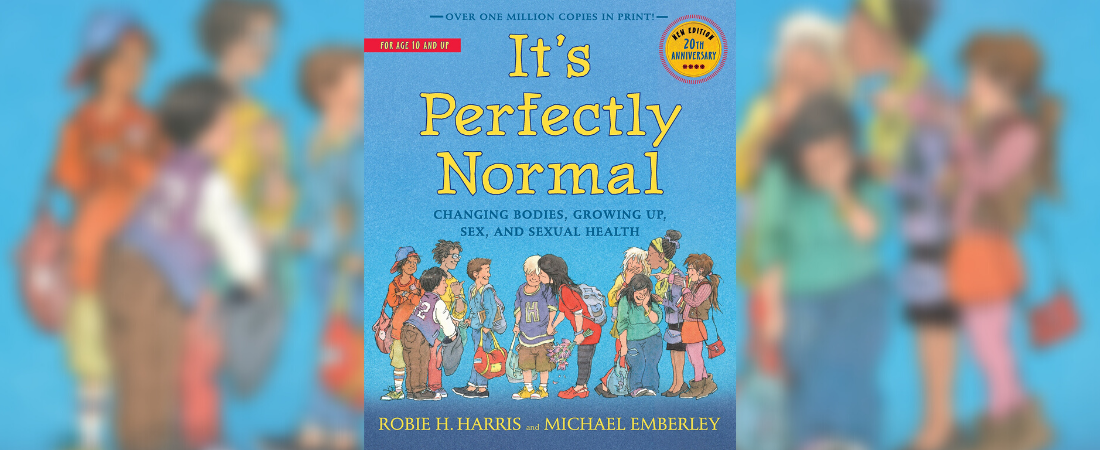The National Coalition Against Censorship has written to the board of the Cass County Public Library in Harrisonville, Missouri, in regard to news reports indicating that protesters are demanding that the public library remove Robie Harris’s It’s Perfectly Normal: Changing Bodies, Growing Up, Sex, and Sexual Health. The books is an illustrated guide to going through the changes of puberty and has received many awards, including being named an American Literature Association Notable Children’s Book; a The New York Times Best Book of the Year; and a School Library Journal Best Book. The protesters contend that the book is inappropriate for children.
This incident is but the latest in a long line of attempts to deny young people access to health information. It’s Perfectly Normal has itself been attacked many times, but such efforts long predate the initial publication of the book and can be traced back at least to the very beginning of sex education programs in public schools in the 1960s.
There are of course many powerful public policy reasons why schools and libraries would want to educate young people about sexual health, particularly in a country in which both teen pregnancy and teen STI rates have historically been higher than in other developed countries.
Some parents oppose sex education because of their political or religious beliefs. These parents are entitled to prevent their own children from accessing books on sexual health. What they cannot do is to prevent other children from accessing those books. Libraries exist to serve every family in the community, and therefore cannot accede to demands by any group of parents to censor the library’s holdings in order to conform with their political or religious beliefs.
NCAC and its co-signors, the Authors Guild, Comic Book Legal Defense Fund, National Council of Teachers of English, PEN America Children’s and Young Adult Books Committee, and Society of Children’s Book Writers and Illustrators, have called on the library board to resist this demand for censorship, as well as any other viewpoint- based demands for removing books from shelves, so that the library can fulfill its historic role as an indispensable resource for all members of the community.
Read the full letter to the library board below. Click here for a full screen view:


